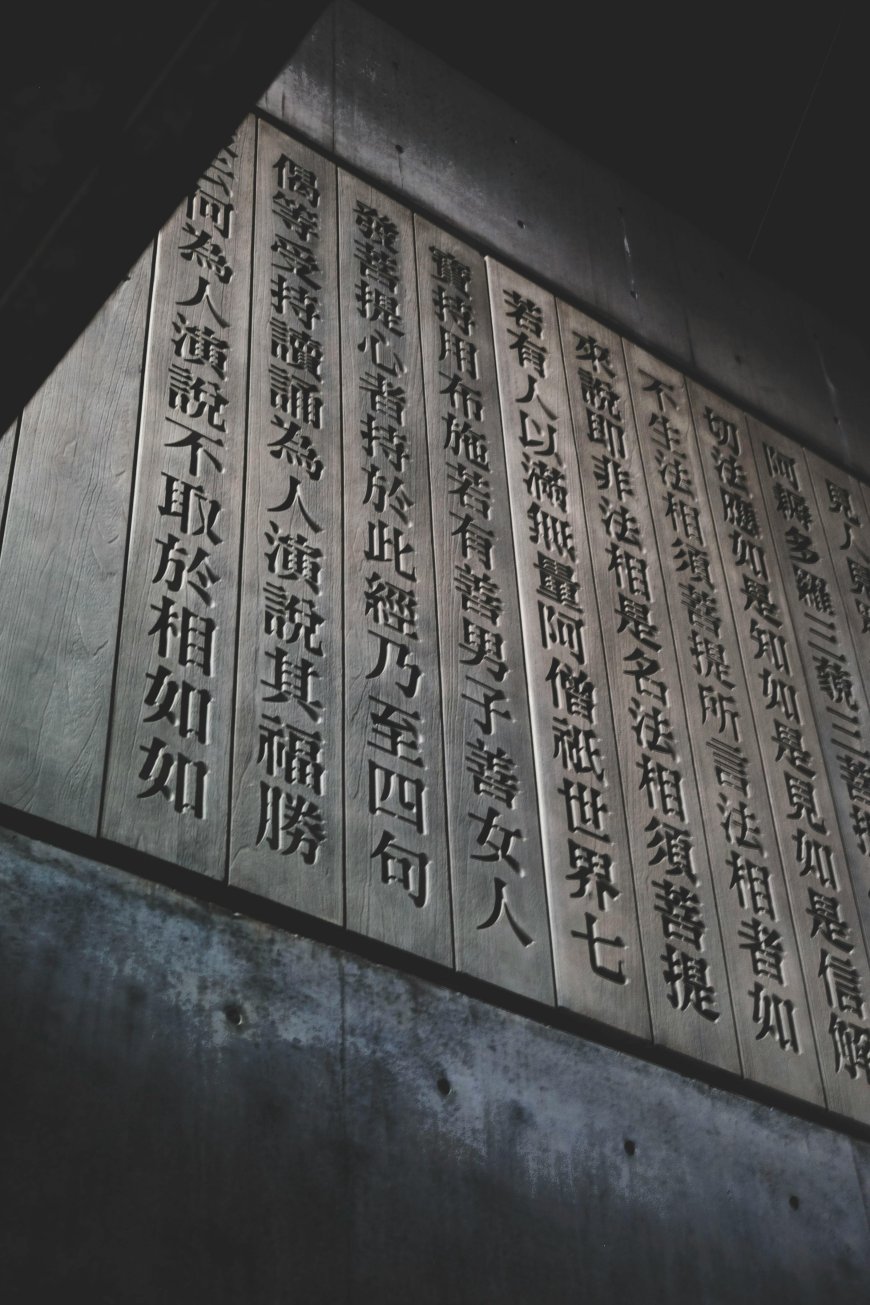The World's Hardest Languages to Learn: A Definitive Guide
Ready for a linguistic challenge? Discover the hardest languages to learn, from Arabic to Japanese. We break down the key challenges of each and reveal why Mandarin Chinese is often considered the most difficult for English speakers.

Embarking on a language-learning journey is a rewarding experience, a key that unlocks new cultures and ways of thinking. But some doors are harder to open than others. While the "hardest language" is a subjective title, often dependent on a learner's native tongue and personal aptitude, certain languages consistently pose a significant challenge for speakers of English.
So, what makes a language difficult? It's a combination of factors, including:
-
Linguistic Distance: The closer a new language is to your native one, the easier it will be to learn. This is why languages like Spanish or French are relatively straightforward for English speakers, as they share a common Indo-European root. Conversely, a language from a completely different family will present more hurdles in terms of vocabulary, grammar, and sentence structure.
-
Complex Writing Systems: An alphabet with a few dozen letters is one thing; thousands of logographic characters or multiple, non-Latin scripts are another. The sheer memorization required for some writing systems can be a major barrier.
-
Tonal Nature: For speakers of non-tonal languages, like English, the concept of tones can be a mind-bender. In a tonal language, the pitch of a word can change its entire meaning. A single syllable pronounced in four different ways could mean "mother", "horse", "hemp" or "scold".
-
Pronunciation and Phonetics: Sounds that don't exist in your native language can be incredibly difficult to master. This includes guttural sounds, clicks, or subtle vowel distinctions that are critical for communication.
-
Grammatical Complexity: Some languages have intricate grammar rules, with extensive verb conjugations, multiple grammatical cases, or complex honorific systems that must be mastered to speak correctly.
Here's a look at some of the languages often cited as the most difficult for English speakers, each presenting its own unique set of challenges:
The Contenders: A Glimpse into Linguistic Difficulty
-
Arabic: The writing system, which flows from right to left, is an initial hurdle. The challenge is compounded by its unique pronunciation, which includes sounds made deep in the throat that are unfamiliar to English speakers. Furthermore, the vast number of dialects across the Arab world means that even native speakers from different regions may struggle to understand each other. Modern Standard Arabic (MSA) is used for formal settings, but learning a specific regional dialect is necessary for daily conversation.
-
Japanese: Japanese presents a triple-threat challenge with its three distinct writing systems:
-
Hiragana: Used for native Japanese words.
-
Katakana: Used for foreign loanwords.
-
Kanji: Thousands of characters borrowed from Chinese, each representing a word or idea.
While the phonetics are relatively simple, mastering these three scripts and their various rules, along with a complex politeness system that affects grammar and vocabulary, makes it a daunting task.
-
-
Korean: Korean's Hangul alphabet is considered one of the most scientific and easy to learn. However, the language's difficulty lies in its complex grammar, which includes an intricate honorific system based on social hierarchy and a subject-object-verb word order that is alien to English speakers.
-
Hungarian: An outlier in Europe, Hungarian belongs to the Uralic language family and is unrelated to most of its neighbors. It's an "agglutinative" language, meaning it builds long, complex words by adding numerous suffixes to a root word. It also has a staggering number of grammatical cases—somewhere around 18—which dictate the function of a word in a sentence.
Top of The List Most Difficult Language to Learn: Mandarin Chinese
While all of the languages listed above are formidable, Mandarin Chinese stands out as arguably the most difficult language for an English speaker to learn. Its difficulty stems from a combination of the factors mentioned above, creating a steep and sustained learning curve.
Why Mandarin Claims the Top Spot:
-
The Tonal System: Mandarin has four primary tones and a neutral fifth tone. The same syllable, ma, can be pronounced with a rising, falling, high-level, or falling-rising tone, completely changing its meaning. This is a fundamental concept that is completely foreign to most English speakers, and mastering it requires a complete rewiring of how you hear and produce sounds. Mispronouncing a tone can lead to significant misunderstandings, turning "mother" (mā) into "horse" (mǎ), for example.
-
The Writing System (Hanzi): Unlike an alphabet where a limited number of letters combine to form words, Chinese uses a logographic system. Each character, or Hanzi, represents a syllable and a meaning. To read a newspaper, you need to know a few thousand characters. To be considered literate, you'll need to know even more. This requires a monumental effort of rote memorization, as there is no phonetic link between the written character and its pronunciation.
-
Lack of Shared Roots: Mandarin is part of the Sino-Tibetan language family, a world away from the Germanic roots of English. This means there are virtually no cognates (words with shared origins), forcing learners to build their vocabulary from scratch.
While Mandarin's grammar is often cited as simpler than that of some European languages (it has no verb conjugations, genders, or plurals), the combination of its unforgiving tonal system and vast, non-phonetic character set makes it an extraordinary challenge. It's a language that requires not only dedication but a fundamental shift in how one approaches communication, making it a true test of a learner's perseverance.
What's Your Reaction?
 Like
0
Like
0
 Dislike
0
Dislike
0
 Love
0
Love
0
 Funny
0
Funny
0
 Angry
0
Angry
0
 Sad
0
Sad
0
 Wow
0
Wow
0





















